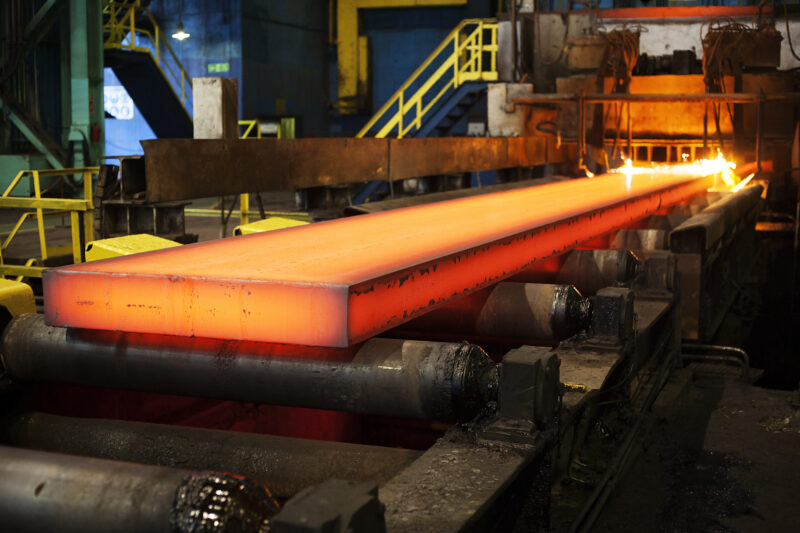Steel is a fundamental material in the construction, manufacturing, and infrastructure industries, playing a crucial role in shaping the modern world. The cost of steel is influenced by a variety of factors, making it a dynamic commodity in the global market.
How expensive is steel and what factors determine the price?
One of the primary determinants of steel prices is the raw material cost, with iron ore and steel slab being a key components in steel production. Fluctuations in iron ore and steel slab prices, driven by factors such as mining supply, demand from major steel-producing nations like China, and geopolitical events, directly impact the cost of steel. The volatility in iron ore and steel slab price and availability can create challenges for steel manufacturers in predicting production costs when pricing their products.
Another significant factor affecting steel prices is the energy cost involved in the production process. Steel production is an energy-intensive industry, and variations in energy prices, particularly for electricity and coke (a key fuel in the steelmaking process), contribute to the overall cost structure. Changes in global energy markets, government policies, and technological advancements in energy-efficient steelmaking processes can influence the cost dynamics of steel.
Market demand
Market demand and supply also play a pivotal role in determining steel prices. As a globally traded commodity, steel is subject to market forces that can be influenced by economic conditions, infrastructure development, and construction activities. Rapid industrialisation and urbanisation in emerging economies often drive increased demand for steel, leading to upward pressure on prices. Conversely, economic downturns or oversupply can result in price declines.
Trading policies
Trade policies, tariffs, and geopolitical factors further contribute to the complexity of steel pricing. Trade tensions between major steel-producing nations, imposition of tariffs, and changes in trade agreements can impact the cost of steel. Trade factors introduce uncertainties for businesses relying on steel, as they navigate a landscape influenced by political decisions and global trade dynamics.
Technological advancements
Technological advancements also play a role in shaping the cost of steel. Innovations in production processes, such as the adoption of electric arc furnaces and continuous casting, can improve efficiency and reduce costs. However, the initial investment required for upgrading facilities with new technologies may offset potential long-term savings.
Expert guidance from P&D Northern Steels
P&D Northern Steels is a family-owned business which has been offering quality steel materials and services for over 50 years. Our team can provide valuable insights and guidance to ensure you make informed decisions about the steels best suited for your needs.
P&D Northern Steels stands as a reliable source of high-quality steel products, combining expertise with a commitment to excellence. Whether you’re embarking on a new project or enhancing an existing structure, P&D Northern Steels has the materials and knowledge to support your success.
CONTACT US TODAY
If you are interested in purchasing steel from us, or would like to find out more about our steel stockholder services, please use the contact form. Alternatively, you can call us on 01706848811 or email sales@pdnorthern.co.uk.
